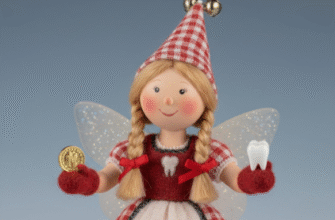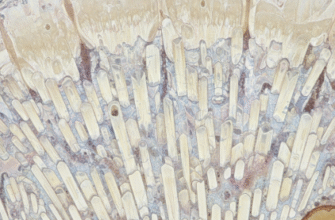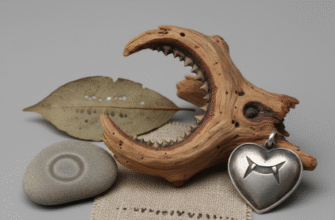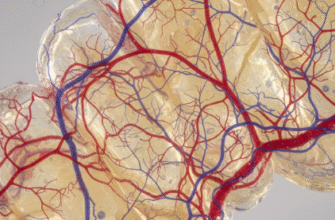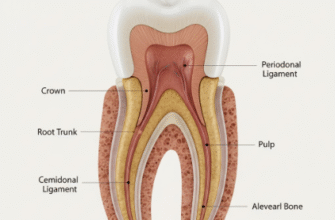The journey through life inevitably brings changes, transformations etched not just on our skin but within the very architecture of our beings. Among these, the departure of teeth in later years stands as a common human experience. Yet, far from being a mere physiological footnote, this passage often carries profound cultural weight, a canvas upon which societies paint their views on aging, wisdom, and the very essence of a life lived. Interpretations vary wildly, weaving a rich tapestry of human understanding that stretches beyond the purely clinical gaze.
The Elder’s Smile: More Than Missing Gaps
Imagine an elder, their face a roadmap of experiences, their smile perhaps altered by time and the absence of teeth. In some traditions, this transformation is not seen as a deficiency but as an emblem. The mouth, no longer primarily a tool for vigorous mastication of youth, might be perceived as having evolved. It becomes the portal for stories, for the gentle hum of lullabies to grandchildren, for the measured cadence of advice drawn from a deep well of years. The loss of teeth, in this light, doesn’t silence; it can subtly reshape the voice, lending it a different timbre, perhaps one associated with oracles or revered storytellers whose power lies not in physical prowess but in spoken wisdom.
In communities where oral traditions hold sway, the elder’s mouth is a sacred library. Each missing tooth could, metaphorically, be a volume read, a story told, a lesson imparted. The focus shifts from the aesthetics of a perfect, unbroken dental line to the richness of the narrative that flows past the altered gate. This perspective champions content over container, valuing the essence of communication above the superficial mechanics of its delivery. It’s a view that finds beauty in imperfection, seeing the “gaps” not as voids but as spaces that invite contemplation, or perhaps, spaces that make room for new kinds of nourishment – spiritual and intellectual rather than purely physical.
A Mark of Experience, Not Decline
Western modernity often frames aging through a lens of decline, where any loss of youthful attributes is lamented. Tooth loss can easily fall into this narrative, becoming another unwelcome sign of diminishing vitality. However, numerous cultural interpretations offer a potent counter-narrative. In these contexts, the aging body, including a mouth with fewer teeth, is a testament to endurance, a chronicle of survival through seasons of joy and hardship. It is the ultimate “been there, done that” badge, worn with a quiet dignity.
Consider societies that revere their elders not for what they can physically do, but for what they know and have witnessed. Here, a toothless smile might signify a shedding of worldly vanities, a movement towards a more essential state of being. It can be seen as a natural part of the harvest years, where the individual has given their physical prime to work and family, and now enters a phase of revered rest and advisory capacity. The focus is on the accumulation of wisdom, which, unlike teeth, only grows with time. The physical transformation is thus secondary to the intellectual and spiritual ripening.
Societal Roles and Shifting Perceptions
The way a society views tooth loss in its older members often reflects how it values and integrates them. If elders are seen as burdens, then physical changes like tooth loss might be perceived negatively, reinforcing their perceived frailty. Conversely, if elders are cherished repositories of heritage and guidance, the same physical change might be met with understanding, compassion, and continued respect. Their altered dietary needs, for example, could become an opportunity for younger generations to show care and provide specially prepared foods, reinforcing communal bonds rather than highlighting deficiency.
In some historical or traditional settings, the very act of an elder “losing their bite” could symbolically pave the way for the next generation to step forward and take on the more “biting” responsibilities of leadership and provision. It’s a gentle, natural transfer, not a forced displacement. The elder, having spent their strength, now assumes a different kind of power – the power of presence, of memory, and of accumulated insight. Their softened speech and gentler smile might even be interpreted as signs of having achieved a certain peace, a mellowing that comes after a life of active struggle.
Across diverse cultures, the loss of teeth in later life is rarely just a biological event. It often carries deep symbolic weight, reflecting societal values about aging, wisdom, and the human journey. These interpretations offer a rich tapestry of human understanding far removed from purely clinical views. Understanding these perspectives enriches our appreciation for the multifaceted experience of growing older and the diverse ways humanity makes sense of it.
Echoes of the Past, Whispers of the Future
For some, the loss of teeth in old age can evoke a poignant connection to the cycle of life, mirroring the toothless state of infancy. This isn’t necessarily about a “second childhood” in a diminutive sense, but rather a completion of a circle. It can be seen as a return to a state of dependency that calls for tenderness, but also a state free from the aggressive drives of mid-life. It’s a softening, a surrender to the natural flow, which can hold a certain kind of spiritual grace. The elder might be seen as moving closer to the ancestors, shedding earthly attachments, including the very tools once used for sustenance in the material world.
Imagine a culture where teeth are associated with aggression or the rawness of nature. Their loss in old age could then symbolize a transcendence of these primal aspects, a move towards a more refined or spiritual state. The elder’s being is no longer defined by the physical “teeth” of worldly engagement but by a more ethereal presence. This isn’t about becoming less, but becoming different – perhaps more aligned with the subtle energies of the universe, less tethered to the gross material plane. The empty spaces become portals for a different kind of perception, a different way of being in the world.
Challenging the Narrative of “Loss”
It is crucial to acknowledge that the dominant contemporary narrative, particularly in media-saturated societies, often frames tooth loss exclusively as a negative event, a problem to be “fixed” or concealed. This aesthetic preference for perpetual youth can overshadow more nuanced and affirming cultural interpretations. However, by exploring these alternative perspectives, we uncover a profound acceptance of life’s full spectrum. Some traditions may not even possess a strong concept of “loss” in this context, viewing it instead as an expected and unremarkable transition, like leaves falling in autumn to make way for winter’s quiet wisdom.
The toothless grin of a beloved grandparent, full of warmth and mirth, can be a powerful symbol of unconditional love and acceptance, far outweighing any cosmetic ideals. It is a reminder that human connection and intrinsic worth are not dependent on a perfect set of teeth. These smiles have witnessed generations, they have expressed boundless joy and profound sorrow, and they radiate a history that a perfectly veneered smile never could. They are authentic, earned, and deeply human. The cultural significance, therefore, lies not in the absence of teeth, but in the presence of a life fully lived and the stories that such a life continues to tell, often with a unique and gentle power.
Ultimately, the cultural interpretations of losing teeth in old age remind us that biology is only one part of the human story. The meanings we ascribe to our physical transformations are shaped by our beliefs, our values, and the narratives our societies choose to weave. By looking beyond the surface, we can find a deeper appreciation for the aging process and the diverse ways humanity imbues it with significance and even beauty.

